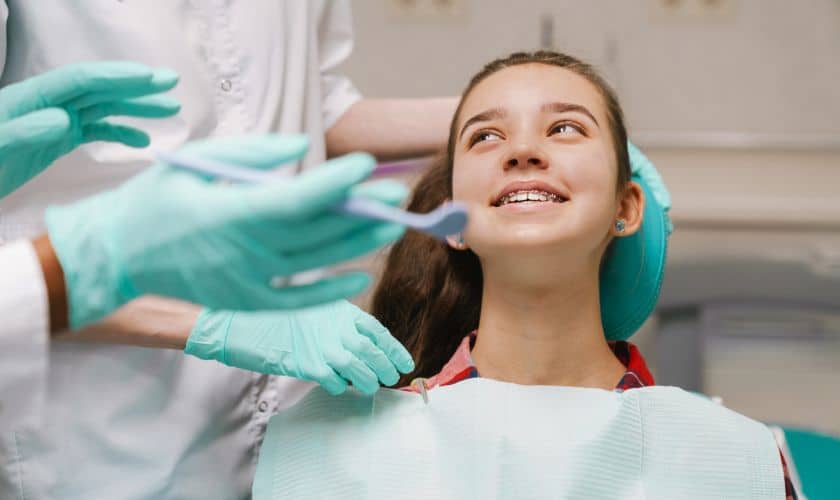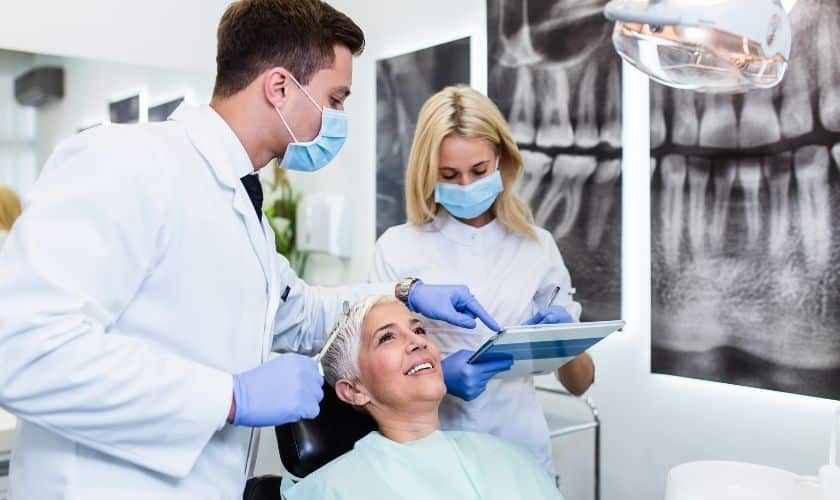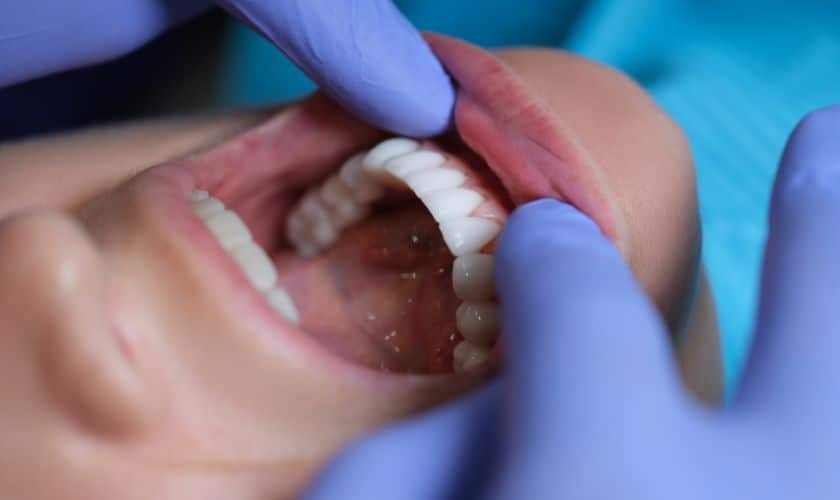If you’ve ever sipped your coffee or soup too soon, or bitten into a piping-hot piece of pizza, then you might be familiar with the sensation of a burned mouth. When it’s persistent and severe enough to be considered a syndrome, a burning mouth can be more than mildly frustrating; the chronic discomfort can drastically impact your overall quality of life. Unlike a toothache or bleeding gums, diagnosing burning mouth syndrome, or BMS, can often be difficult. Although the condition is painful, there are usually no visible signs within your oral cavity, which can delay a proper prognosis. If you experience any of the symptoms, then visit your Southlake dentist, Dr. Gregory Wright, as soon as possible to help determine if BMS is the cause.
Understanding BMS
Burning mouth syndrome, also referred to as scalded mouth syndrome, involves a constant burning sensation in the tongue, lips, gums, palate, throat, or throughout the entire mouth. The pain can follow differing patterns and may be unbearable at times, and is typically accompanied by dry mouth and changes in your taste, including total taste loss. Though the disorder seems to target older women between the ages of 50 and 70 most often, it can affect patients of any gender and of all ages. BMS is thought to be caused by any of several factors, including nerve damage, hormonal changes, nutritional deficiencies, and oral candidiasis (a fungal infection in the mouth), among many others.
Diagnosis Through the Process of Elimination
While the exact cause of burning mouth syndrome remains a mystery, experts have identified certain contributing factors that can increase the likelihood of BMS. Since there is no known exact cause, there is also no one specific test for BMS, and diagnosis typically involves one or several comprehensive exams to rule out other causes for your symptoms. Dr. Wright and your physician will thoroughly examine your medical history, and perform diagnostic tests such as blood work to look for oral infections, nutritional deficiencies, or other medical conditions. An oral swab can help determine the presence of oral candidiasis, and Dr. Wright may recommend an oral culture and biopsy to inspect cell samples from your oral tissues. Depending on the results of your tests, treatment will vary according to your specific needs and situation.
About Your Southlake Dentist:
As a native Texan, Dr. Gregory Wright opened his private practice in Southlake, TX in 1992. He is happily accepting new patients from Southlake, Grapevine, Keller, Trophy Club, Colleyville, and all surrounding communities. To schedule an appointment with Dr. Wright, call our office today at (817) 481-7999.





